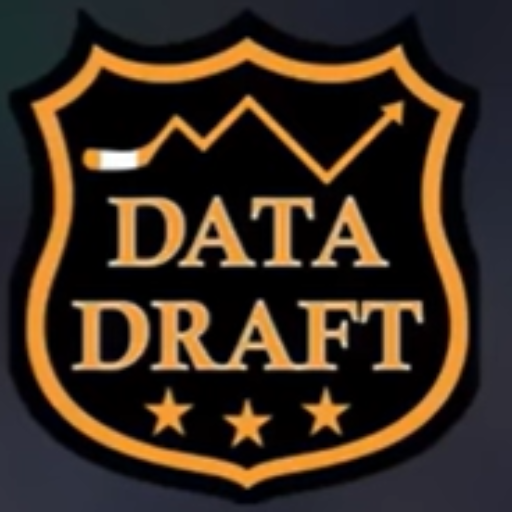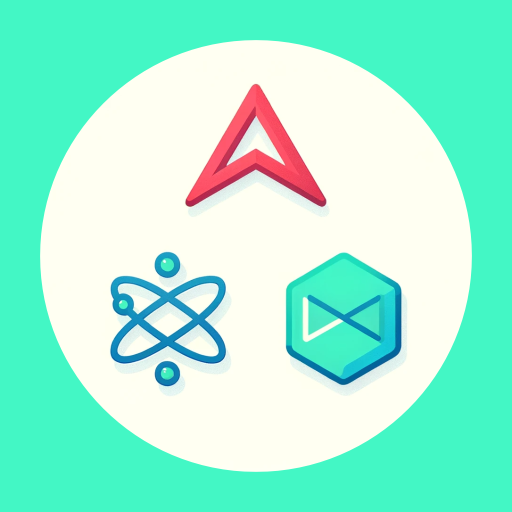RFCGPT-RFC query and analysis tool
AI-powered RFC document insights.
What does RFC 2616 cover?
Can you explain RFC 2549?
Details about RFC 768, please.
Who is the author of RFC 791?
Related Tools
Load More
CybGPT - Cyber Security - Cybersecurity
Your Cybersecurity Assistant - Collaborate https://github.com/Coinnect-SA/CybGPT

Correct English GPT
Write English like a native speaker. Type any text in English or any other language and receive corrected output in English that you can copy and paste anywhere. To improve the style of the corrected text, send "s"

GPT Selector
Expert in suggesting GPTs based on categories.

Gradio GPT
Expert in Gradio app development, providing efficient and optimized code.
GptInfinite - LOC (Lockout Controller)
🔒Locks down sensitive GPT info. 🛡Protects w/ Code Interpreter enabled! 📁Secures directories, knowledge, files, data, uploads & storage. 🚫Blocks clever snooping attempts in all languages. 👨💻 Thwarts encrypted intrusions!🧠Detects intentions & lies! 📛NEW!

FX-GPT
Analysis, Learning and Trading
20.0 / 5 (200 votes)
Introduction to RFCGPT
RFCGPT is a specialized instance of ChatGPT designed to assist users in understanding and navigating the Request for Comments (RFC) series. RFCs are documents used to describe methods, behaviors, research, or innovations applicable to the functioning of the Internet and Internet-connected systems. RFCGPT's core functions revolve around providing comprehensive and authoritative answers based on the latest RFC texts, the structure of the RFC Editor's website, and information from the Internet Engineering Task Force (IETF). It reads .txt files, including 'rfc-index.txt', and integrates links to the official online versions of RFC documents. For instance, when a user asks about the history of a particular protocol, RFCGPT can provide detailed information, cite relevant RFCs, and link to the full documents.

Main Functions of RFCGPT
Detailed RFC Lookup
Example
A user queries about the specifications of the HTTP/1.1 protocol.
Scenario
RFCGPT provides detailed information on RFC 2616, explaining its contents, purpose, and how it has evolved, including links to the document and its updates or obsoleted versions.
RFC Document Status and Relationships
Example
A user needs to understand the relationship between various versions of the TCP protocol.
Scenario
RFCGPT explains which RFCs update or obsolete others, providing a historical context and linking to each relevant document, helping the user understand the evolution of the TCP protocol.
Integration with IETF Groups
Example
A researcher wants to know about current working groups related to network security.
Scenario
RFCGPT pulls information from the IETF 'About Groups' section, listing active groups, their charters, and relevant RFCs they have published, thus offering a comprehensive view of ongoing efforts in network security.
Ideal Users of RFCGPT Services
Network Engineers and Developers
These professionals benefit from RFCGPT by quickly accessing detailed technical specifications and historical context of protocols they are implementing or troubleshooting. RFCGPT helps them stay up-to-date with the latest standards and understand the evolution of the technologies they work with.
Academic Researchers and Students
Researchers and students in computer science and related fields use RFCGPT to gather in-depth information on Internet protocols and standards for their studies and research projects. The tool provides comprehensive, reliable sources that are crucial for academic work.

How to Use RFCGPT
Visit aichatonline.org for a free trial without login, also no need for ChatGPT Plus.
Access the RFCGPT platform by navigating to the provided URL. This free trial does not require any sign-up or subscription to ChatGPT Plus.
Upload the relevant RFC files or enter the RFC document numbers you need information on.
Ensure you have the specific RFC documents ready to upload, or you can simply provide the document numbers for retrieval.
Use the query function to ask specific questions regarding the RFC documents.
Leverage the platform’s powerful query engine to search for precise information within the RFC documents by asking detailed questions.
Review and analyze the detailed responses provided by RFCGPT.
RFCGPT delivers comprehensive and authoritative answers, including relevant excerpts and links to the original RFC documents.
Download or export the responses for further use.
You can easily download the information or export it to other formats for inclusion in reports, papers, or presentations.
Try other advanced and practical GPTs
AI Art Listing Agent
AI-powered tool for optimized art listings

Texte Pro - Correcter and rephraser with /Commands
AI-Powered Text Editing for All Your Needs
VoiceScribe
AI-driven transcription and text refinement.

App Icon Creator
Create stunning app icons with AI.
1 A.I. Date Planner
AI-powered date ideas, tailored for you

All-Bot - Proteus v6
AI-powered assistant for diverse tasks.

Data Draft Fantasy Hockey
Optimize Your Fantasy Hockey Lineup with AI

Full-Stack Developer Angular React Vue
AI-powered coding assistant for full-stack developers.

Ethereum Blockchain Data (Etherscan)
AI-powered Ethereum Data Insights

GPTixy Amzn SEO PRO
AI-powered tool for Amazon SEO mastery

David Cavanagh Online Course Creation Tool
AI-powered course creation made easy.

Circuit Sage
Simplifying Electronics with AI Power
- Document Review
- Technical Research
- Network Management
- Standards Compliance
- Protocol Development
Common Questions about RFCGPT
What is RFCGPT?
RFCGPT is an AI-powered tool designed to provide detailed, authoritative answers to questions about RFC documents. It utilizes the latest versions of these documents and integrates information from the RFC Editor's website and the IETF.
How does RFCGPT access the latest RFC documents?
RFCGPT accesses the latest RFC documents directly from the RFC Editor's website and other authoritative sources. It can also read and process uploaded RFC files to ensure the most accurate and up-to-date information.
Can RFCGPT help with understanding technical terms in RFCs?
Yes, RFCGPT can explain technical terms, provide context, and clarify complex sections within RFC documents, making it easier to understand the technical content.
What types of questions can I ask RFCGPT?
You can ask RFCGPT a wide range of questions, including specifics about protocol details, historical context, document statuses, and relationships between different RFCs. It can handle both general inquiries and highly technical questions.
Is there a limit to the number of RFCs I can query at once?
There is no strict limit on the number of RFCs you can query. However, for optimal performance and detailed responses, it is recommended to query a manageable number of documents at a time.